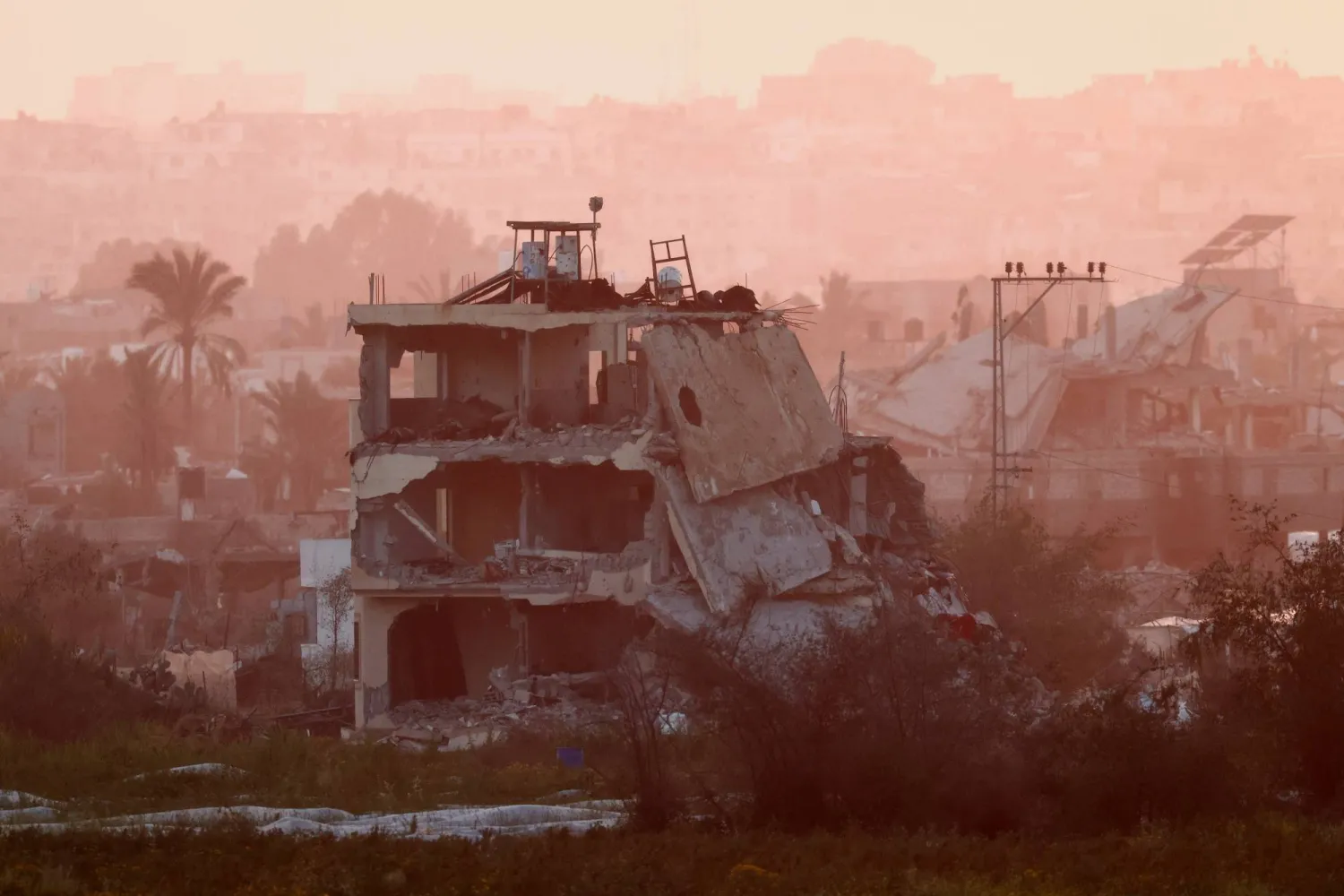Israel has essentially endorsed a framework of a proposed Gaza ceasefire and hostage release deal, and it is now up to Hamas to agree to it, a senior US administration official said Saturday, a day before talks to reach an agreement were to resume in Egypt.
International mediators have been working for weeks to broker a deal to pause the fighting before the Muslim holy month of Ramadan begins around March 10. A deal would also likely allow aid to reach hundreds of thousands of desperate Palestinians in northern Gaza who aid officials worry are under threat of famine.
The Israelis “have more or less accepted” the proposal, which includes the six-week ceasefire as well as the release by Hamas of hostages considered vulnerable, which includes the sick, the wounded, the elderly and women, said the official.
“Right now, the ball is in the court of Hamas and we are continuing to push this as hard as we possibly can,” the official said, speaking on condition of anonymity under ground rules set by the White House to brief reporters.
A senior Egyptian official said mediators Egypt and Qatar are expected to receive a response from Hamas during the Cairo talks scheduled to start Sunday. The official spoke on condition of anonymity because he was not publicly authorized to discuss the sensitive talks.









